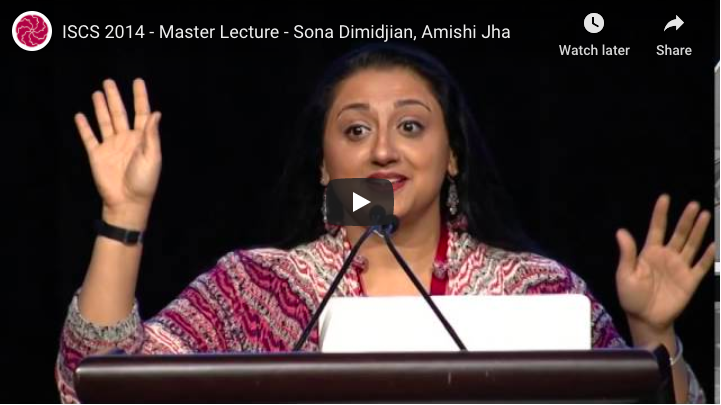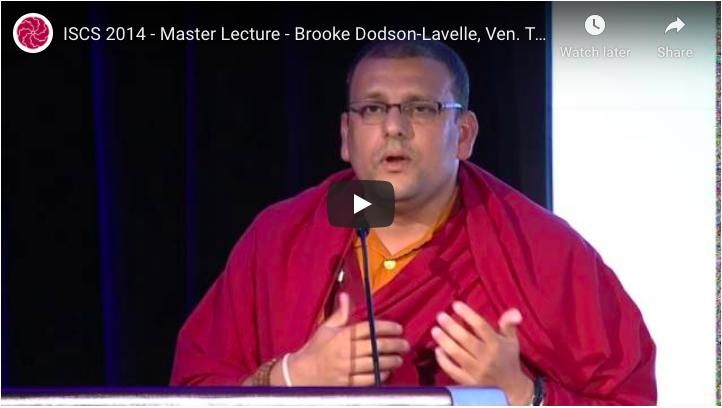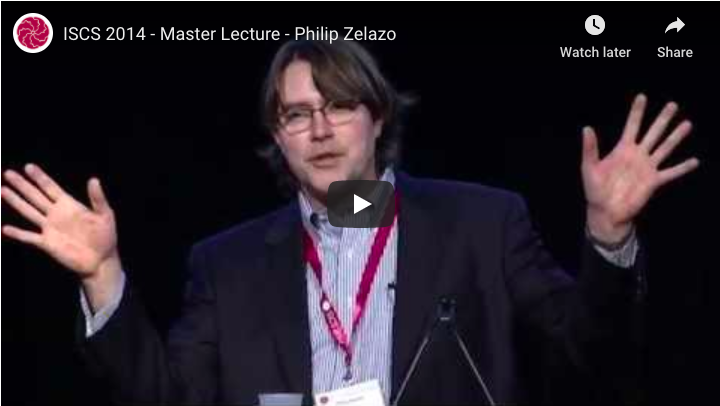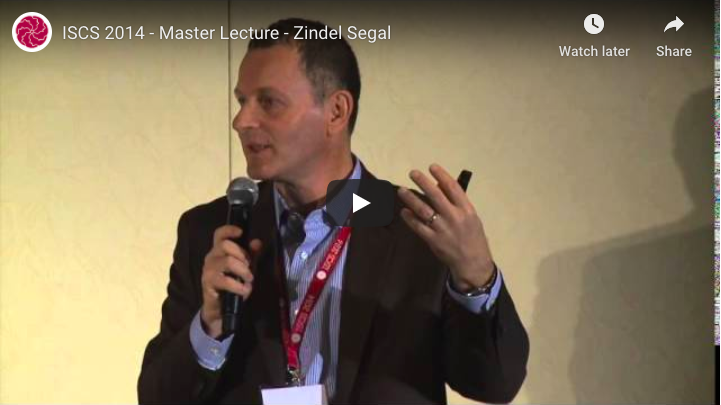Successes and Challenges of Mindfulness Training in Applied Settings
Topic Archives:
ISCS 2014 – Master Lecture – Brooke Dodson-Lavelle, Ven. Tenzin Priyadarshi
A Call To Care: The Mind & Life Institute’s New Ethics, Education, and Human Development Initiative (Brooke Dodson-Lavelle) Secular Ethics and Human Values: A Transformative Approach (Venerable Tenzin Priyadarshi)
Master Lecture – Successes and Challenges of Mindfulness Training in Applied Settings
The science and practice of mindfulness-based interventions have witnessed exponential growth in recent years with applications in diverse settings, including health care, education, the workplace, and the military. Such expansion raises complex and engaging questions for the emerging field of contemplative science. In this panel, we discuss questions such as: What do we know and …
ISCS 2014 – Master Lecture – Philip Zelazo
Fostering Resilience through Mindfulness in Childhood
Master Lecture – Contemplative Clinical Science
Overidentification with mental contents, excessive self-reference, and ceaseless discrepancy monitoring perpetuate symptom expression in physical and mental disorders. Mindfulness meditation, among other contemplative practices, enhances access to an alternative mode of processing that is less reliant on these strategies and instead promotes effective regulation through acceptant, present-oriented, and somatically informed states of mind. In recognition …
Continue reading “Master Lecture – Contemplative Clinical Science”
ISCS 2014 – Master Lecture – Zindel Segal
Contemplative Clinical Science
Master Lecture – Fostering Resilience through Mindfulness in Childhood
Early childhood is marked by substantial development in self-regulatory skills, such as executive function (EF), that support school readiness and socioemotional competence. Indeed, individual differences in EF in childhood predict a wide range of important developmental outcomes, including physical health, and EF is increasingly a target of therapeutic, remedial, and universal interventions. This lecture will …
Continue reading “Master Lecture – Fostering Resilience through Mindfulness in Childhood”
Concurrent Session 2 – Mindful Games: Games as a Tool for Meditation and Reflection
Most think of games today as encouraging violence or addiction amongst their players. However, there is a growing trend in the game industry towards the development of games that encourage a more contemplative, reflective form of game play. This presentation looks at the possibility of games becoming the modern form of meditation. Games are already …
Concurrent Session 2 – Stress Mitigation with Mindful Embodied Techniques in a Basic Science Class
Basic sciences in higher education confront a paradox, reaching the minds of many and the hearts of few. Compulsory requirements for graduation or professional schools push a high course demand, large classes, and a culture of Darwinian grading that contribute to student performance anxiety, fear of failure, intellectual disengagement, and a test-driven approach to content. …
Concurrent Session 2 – Buddhist Meditation and Psychophysical Actor Training
This panel explores relationships between meditation, Buddhism, and psychophysical actor training. Despite the flourishing of research into the effects of meditation in health, education, and other contexts, there have to date been few reports on the contribution of meditation to the performing arts, and even less attention paid to the ways in which acting and …
Continue reading “Concurrent Session 2 – Buddhist Meditation and Psychophysical Actor Training”





